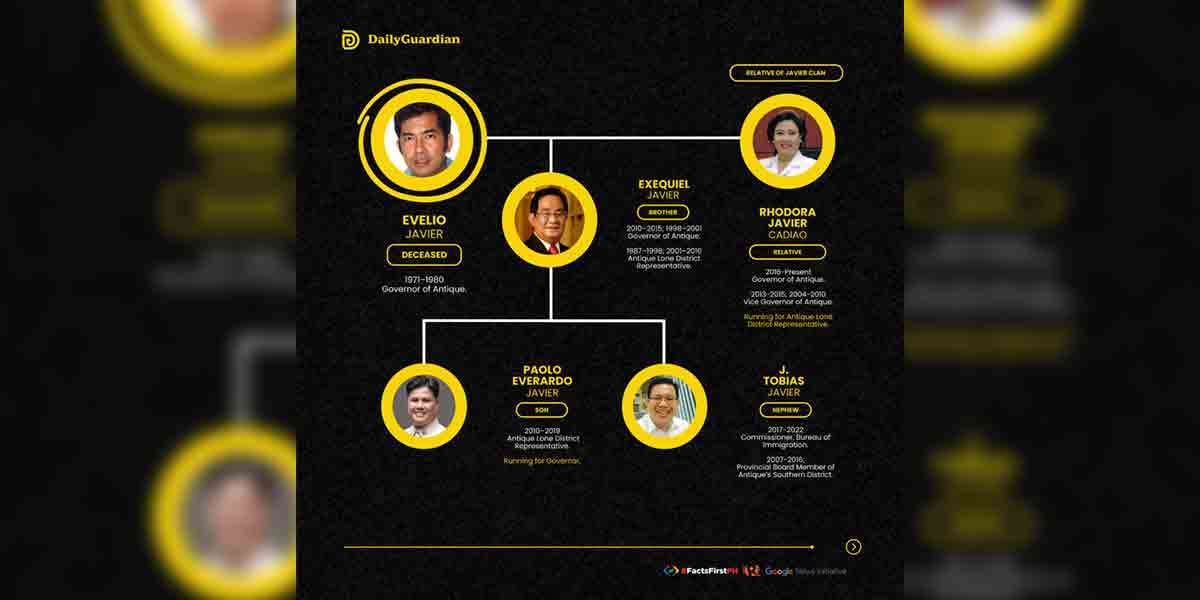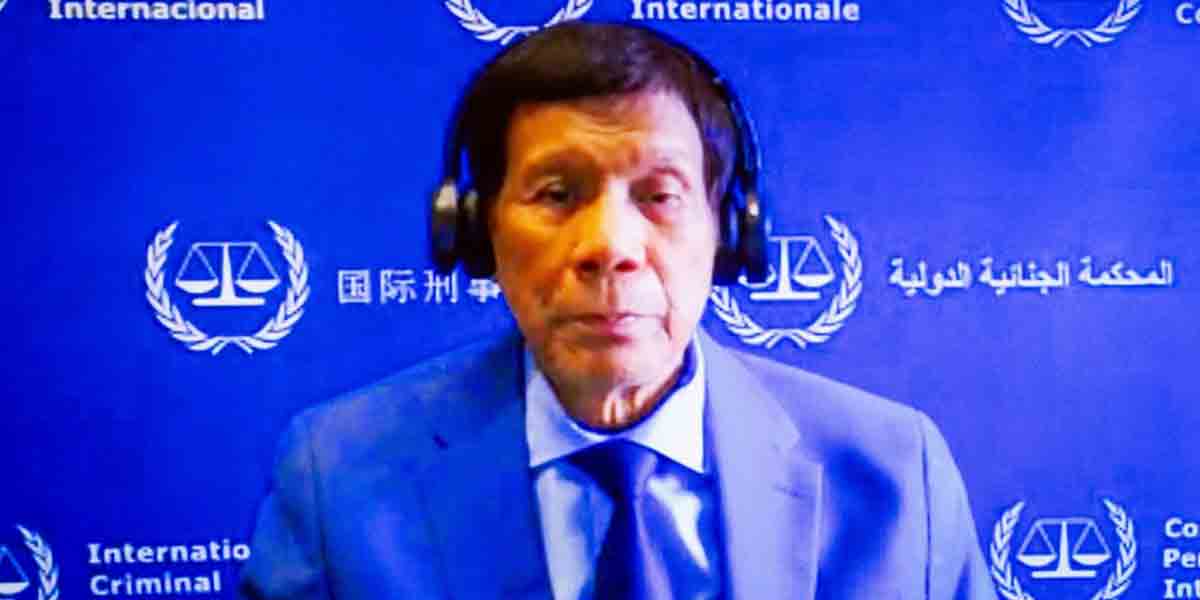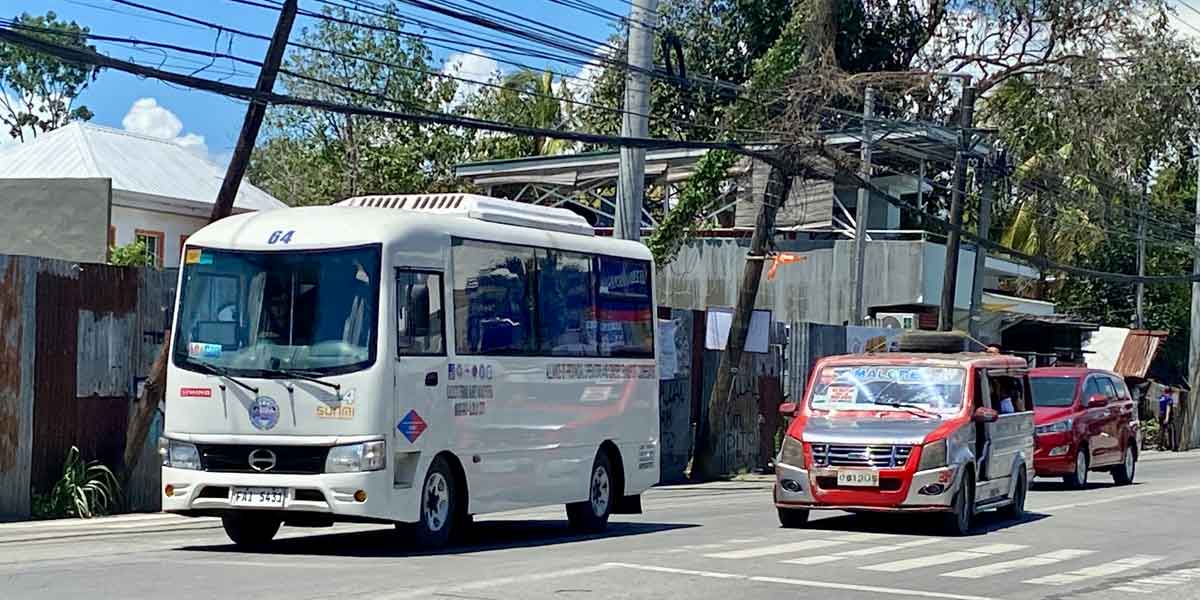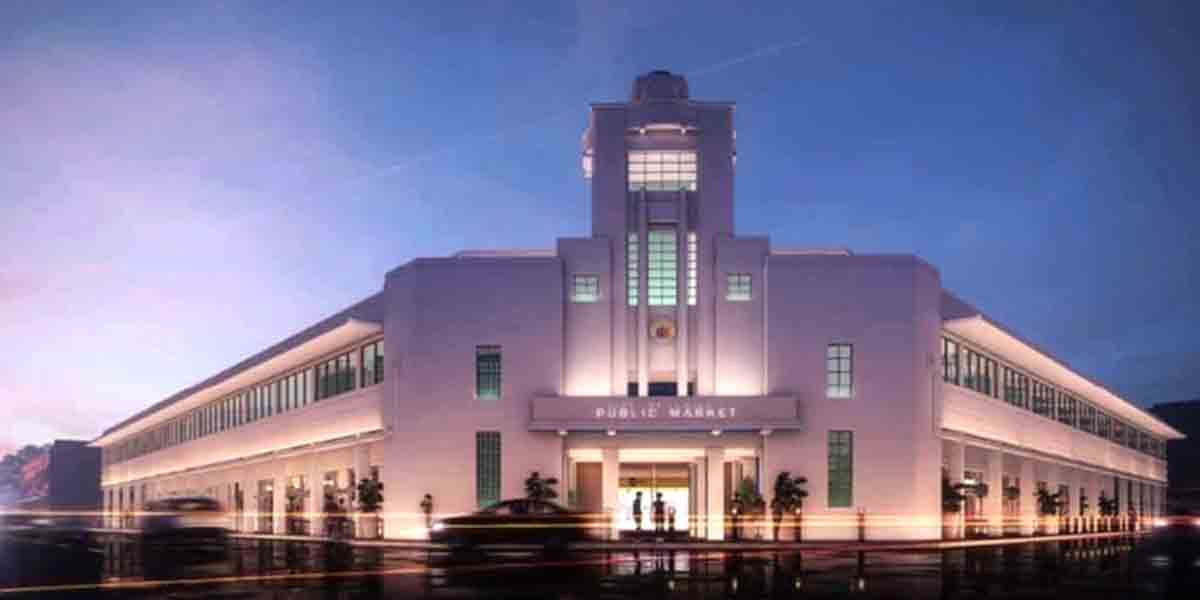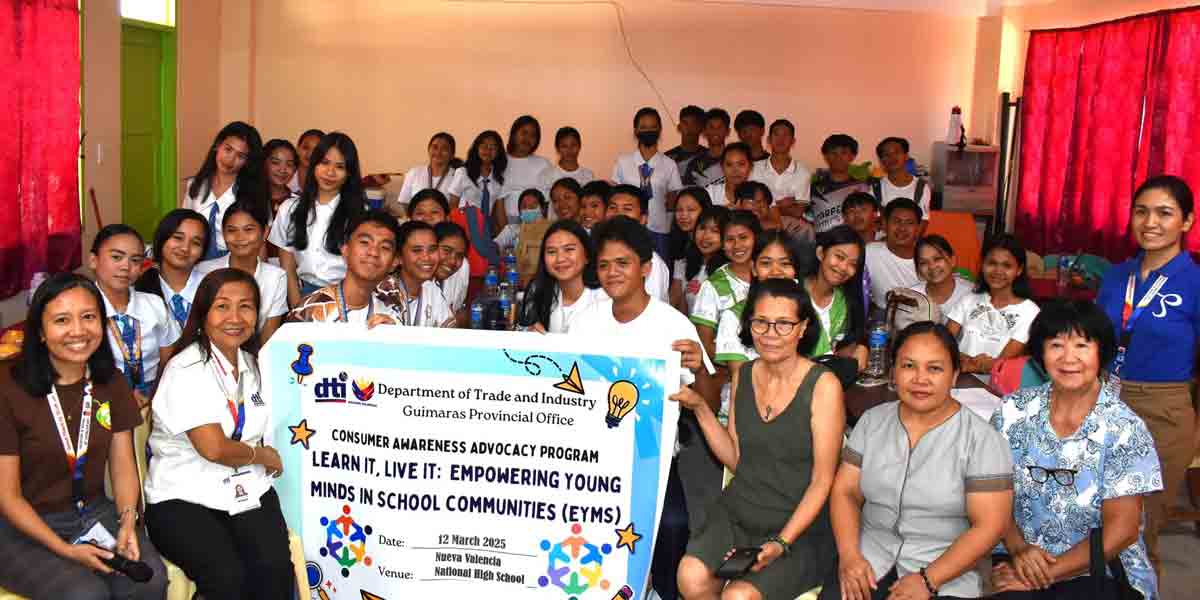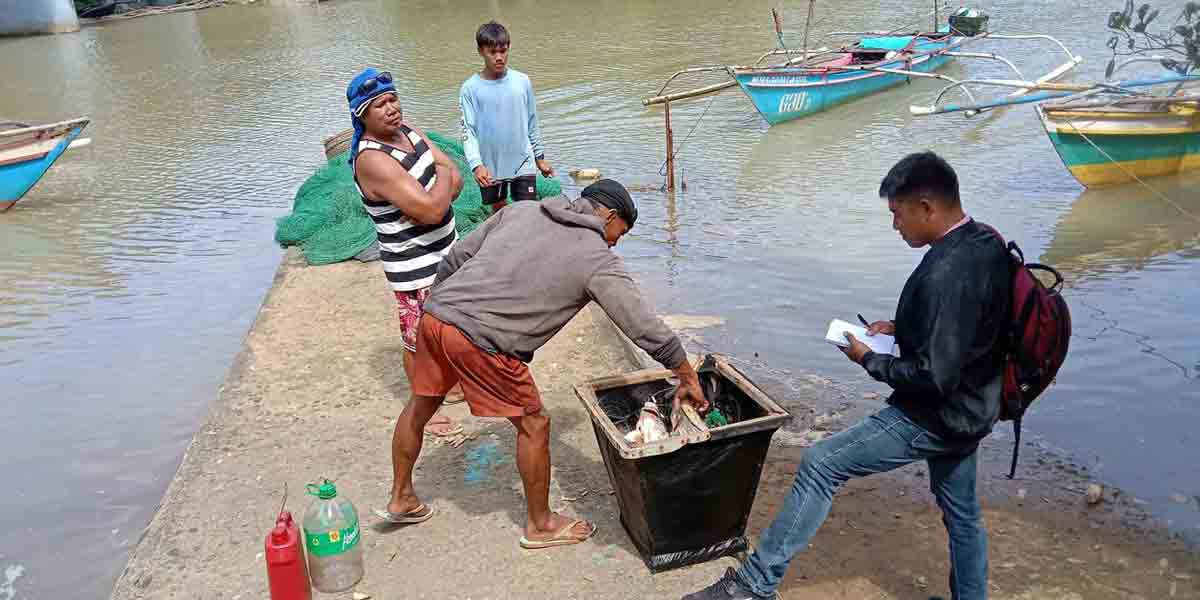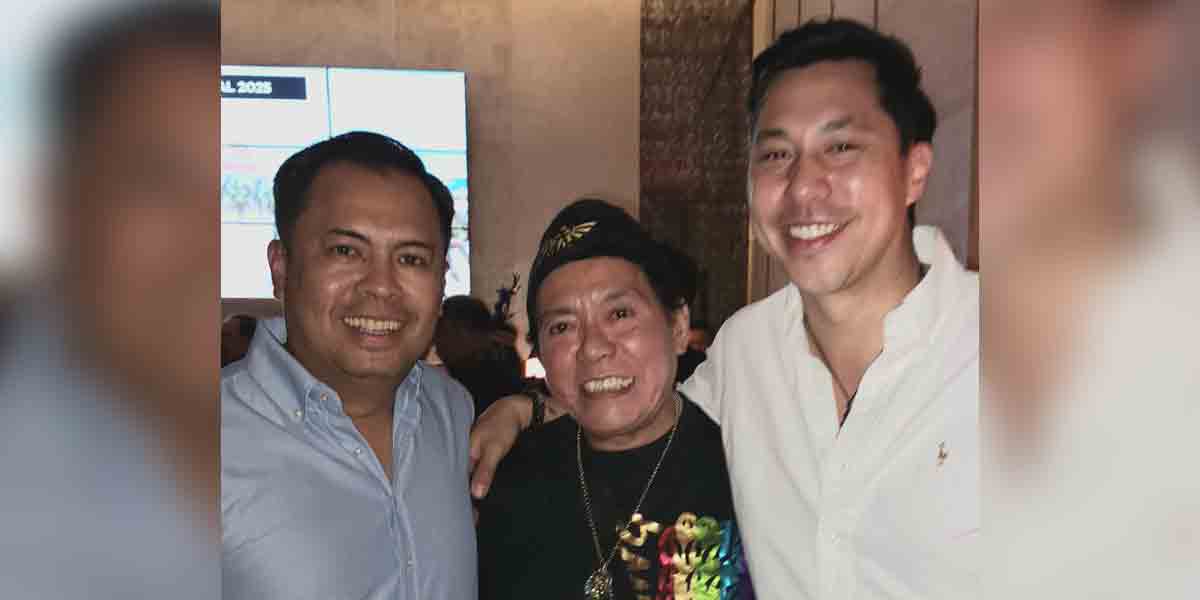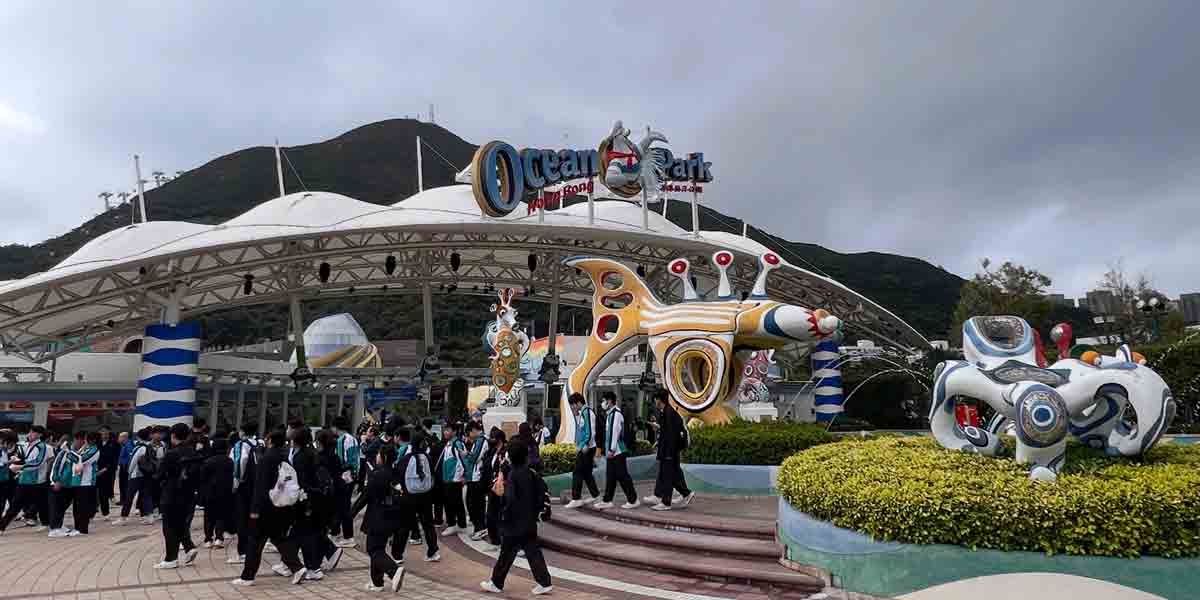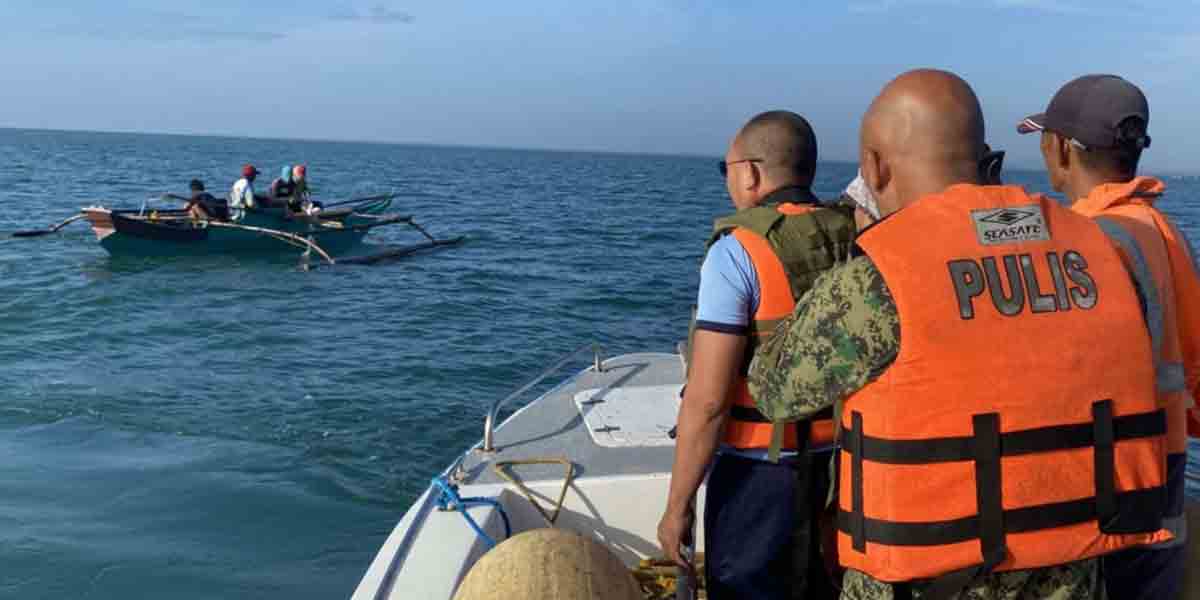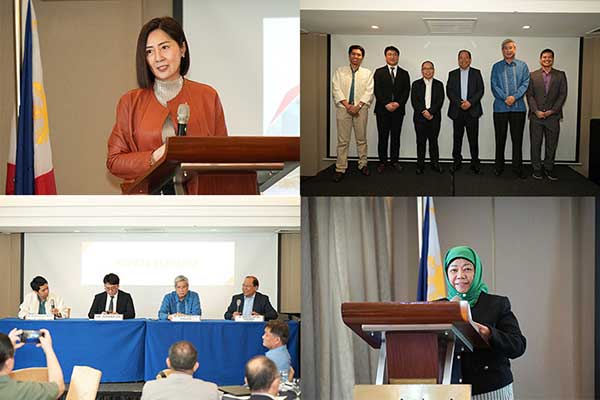
Experts and policymakers underscored the need for collective action to achieve sustainability, inclusivity, and innovation across the Asia-Pacific region during the “Building a Sustainable Tomorrow: Connect, Innovate, Prosper” symposium hosted by the Philippine APEC Study Center Network (PASCN) and the Philippine Institute for Development Studies (PIDS).
The event brought together key regional leaders to discuss pressing challenges such as climate change, economic inequality, and technological transformation while emphasizing strategies for shared growth and resilience.
Dr. Jikyeong Kang, President of the Asian Institute of Management, highlighted the Asia-Pacific region’s economic importance and potential.
“Many of us think that [prosperity] would be a very ambitious goal, given that more than 13 percent of the 117 million [Filipinos still live] in poverty. However, there are opportunities for upward mobility,” Kang said.
She stressed that technologies like artificial intelligence and blockchain are reshaping value chains and unlocking economic opportunities but warned that equity and inclusion must remain priorities.
Dr. Alma Berowa, Vice President for Academic Affairs at the Mindanao State University System, emphasized a broader perspective of prosperity.
“Prosperity must transcend traditional economic metrics to uphold human dignity and expand opportunities for all,” Berowa said.
She pointed to Mindanao’s untapped potential, calling for localized strategies that actively engage marginalized communities to achieve inclusive growth.
Dr. Jukwon Lee, Director of Korea’s National Center for APEC Studies, outlined South Korea’s priorities for its hosting of the 2025 APEC Summit.
“Connectivity, digital innovation, and inclusive growth will be at the forefront of Korea’s agenda,” Lee explained.
Lee urged the region to collaborate urgently on issues like climate change, supply chain disruptions, and demographic shifts to build a more sustainable future.
From the Philippine perspective, Marcos Angelo Punsalang, Director General of the APEC Philippines National Secretariat, outlined the country’s priorities: inclusive growth, digital transformation, and environmental sustainability.
“This alignment ensures that the Philippines can effectively contribute to and benefit from the collective efforts of APEC member economies, driving forward a shared vision of prosperity and resilience in the region,” Punsalang said.
Ambassador Laura del Rosario, President of Miriam College and former DFA Undersecretary, shared lessons from countries like Vietnam and China that successfully adapted to global economic changes.
“[The Philippines] still has much to contribute and gain from discussions on the emerging forms of services and trade. The services sector presents a more viable opportunity for growth,” del Rosario noted.
She emphasized structural reforms and international collaboration as keys to the region’s long-term economic success.
Meanwhile, Dr. Winston Conrad Padojinog, President of the University of Asia and the Pacific, called for reforms to address institutional weaknesses and mindset shifts.
“Institutions must not only be capable of driving change but also nurturing the values and principles that support a more equitable and sustainable future,” Padojinog said.
The symposium highlighted the interconnectedness of sustainable development, technological innovation, and inclusivity, presenting a unified vision for addressing regional challenges and fostering long-term growth.


